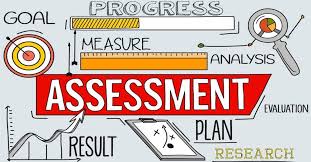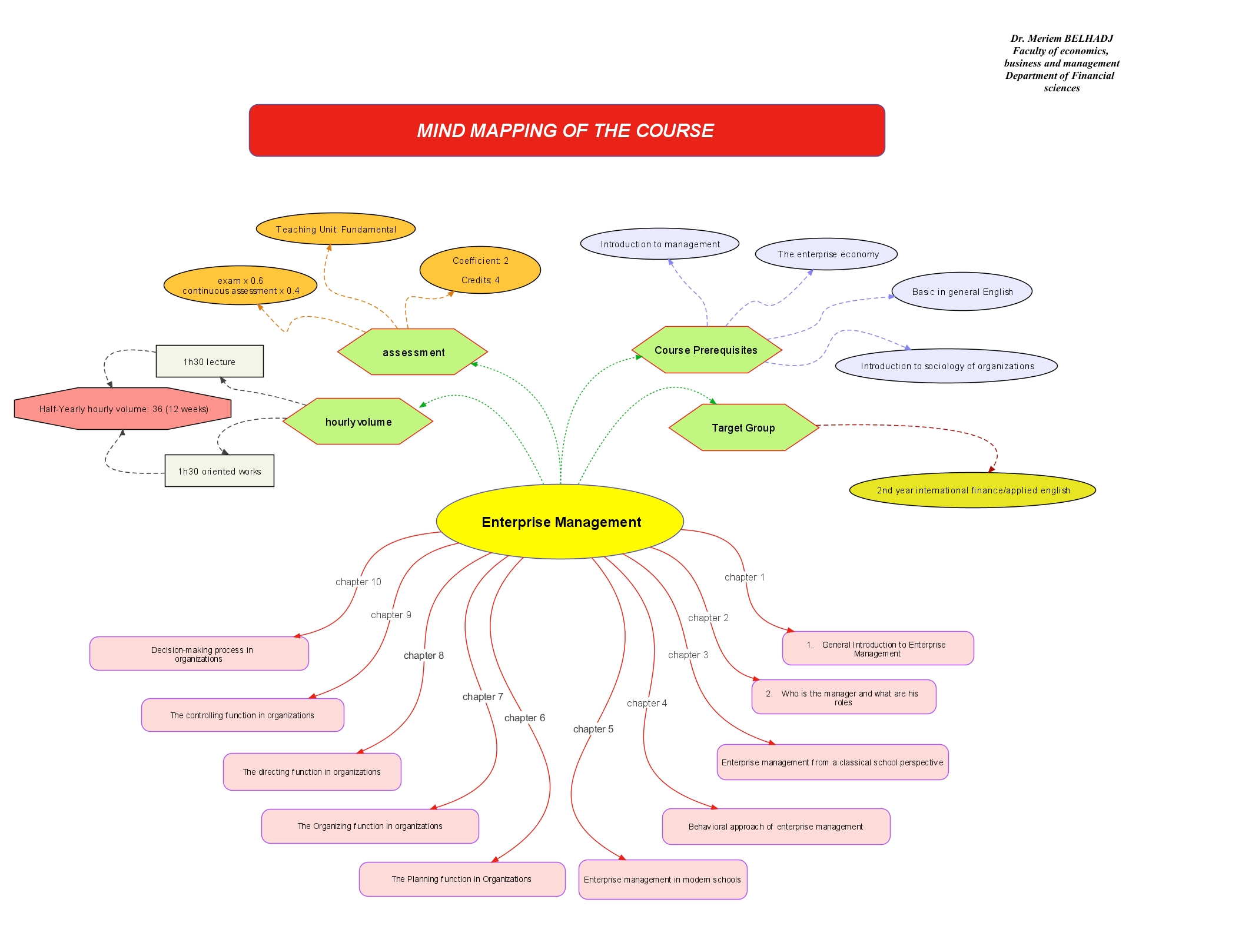ENTERPRISE MANAGEMENT
Topic outline
-

Enterprise management is essential for ensuring that an organization operates efficiently, adapts to changes in its environment, and remains competitive in its industry. It requires a combination of leadership skills, strategic thinking, and operational expertise. Enterprise managers play a significant role in steering the strategic direction and growth of a company. An enterprise general manager ensures that the organization remains competitive and responsive to market changes.
Enterprise management refers to the process of overseeing and directing the activities and resources of an organization to achieve its goals effectively and efficiently. Managers and leaders guide teams through the complexities of the business landscape. -
The enterprise management course is designed to give learners an interdisciplinary perspective on the management of business organisations and a distinctive combination of skills, knowledge, and competencies around innovation and enterprise.
The Enterprise Management program focuses on equipping individuals with the skills and knowledge needed to understand various aspects of a business enterprise.
The course gives learners an appreciation of all departments in an organisation and the interdependency of each in the success of the enterprise.
-

Instructor: Dr. Meriem Belhadj
Professional e-mai: meriem.belhadj@univ-tlemcen.dz
Personnel e-mail : belhadjmeriem@yahoo.fr
Target Group : 2nd year international finance/applied english
Module title: Enterprise management
Teaching Unit: Fundamental
Coefficient: 2
Credits: 4
Half-Yearly hourly volume: 36 (12 weeks)
Weekly hourly volume: 2 sessions (1h30 lecture, 1h30 oriented works)
-
I'm here to help
-
-

These include:
· Enabling learners to have the necessary academic skills to prepare them for progression to further study
· Providing learners knowledge about basic jobs in the enterprise.
· Explore the concepts associated with the enterprise management program.
· Explore the functioning of the enterprise functions.
· Explaining how to maximise value through customer satisfaction and provide an effective response to changing environmental conditions.
-

Students taking this course must acquire:
· Basic in general English
· Introduction to sociology of organizations
· The enterprise economy
Introduction to management
-
The objective of this exam is to find out how proficient students are in previous relevant acquisitions.
-
-

· Lectures, cases, and class discussions.
· One session of 1 hour and 30 minutes per week for lectures.
· One session of 1 hour and 30 minutes per week as oriented works
In these sessions, students with the obligation of discussing cases in each subject present projects.
· The Instructor presents the course using a PowerPoint presentation
The courses are presented in English supported by translation into Arabic -

Students will be assessed using a combination of continuous assessments and a final examination.
General average = (exam x 0.6) + (continuous assessment x 0.4).
Exam: The mark for the end-of-semester exam.
Continuous assessment can include:
· Written examination
· Presentations
· Individual or group projects
· presence
-
1. General introduction to Enterprise management
2. Who is the manager, and what are his roles?
3. Enterprise management from a classical school perspective
4. Behavioral approach of enterprise management
5. Enterprise management in modern schools
6. The Planning function in Organizations
7. The Organizing function in organizations
8. The directing function in organizations
9. The controlling function in organizations
10. Decision-making process in organizations
-

-
-
General introduction to Enterprise management
-
-
-
Who is the Manager?
-
-
-
Enterprise management from a classical school perspective
-
-
-
Behavioral approach of enterprise management
-
-
-
-
Planning function in Organizations
-
-
-
Organizing function in organizations
-
-
-
The Directing Function
-
-
-
The aim of conducting the exit test is to assess the student's acquired competencies from the program and determine the extent of their comprehension and understanding of the course content.
-
-
- Gerber, M. E., & Gerber, M. E. (2005). The E-myth revisited. Harper Collins Publishers.
- COLLINS, J., OPTIMISM, U., & KNOCKS, O. (2012). YOUR.
- Zhang, X. (2014). Enterprise management control systems in China. Dalian: Springer.
- Mason, D. (2013). Voluntary nonprofit enterprise management. Springer Science & Business Media
- Samson, D., Daft, R. L., & Donnet, T. (2017). Fundamentals of Management with Online Study Tools 12 Months. Cengage AU.
- جمال جعيل. (2018)، تسيير المؤسسات، دار زهدي للنشر والتوزيع، الجزائر
- عبد الرزاق بن حبيب. (2002). اقتصاد و تسيير المؤسسة. ديوان المطبوعات الجامعية. الجزائر.

